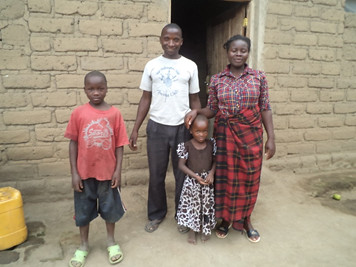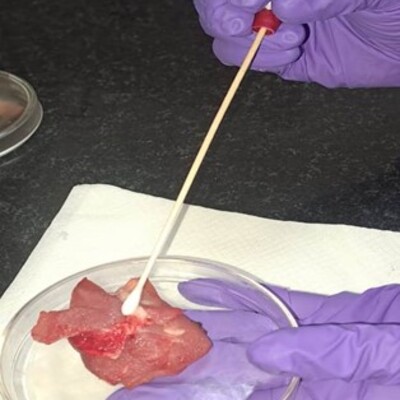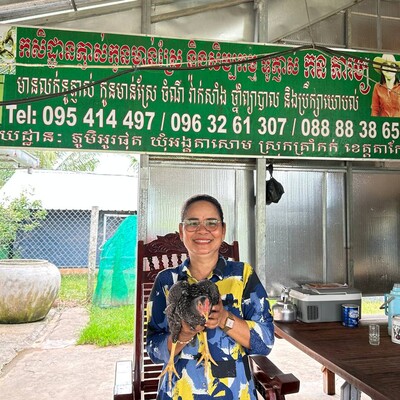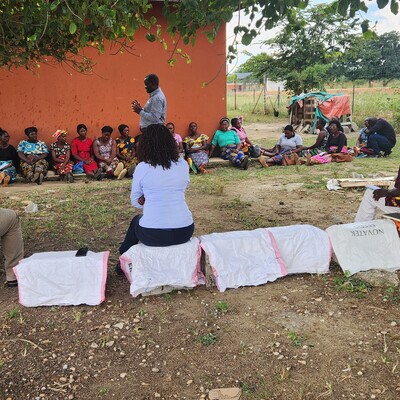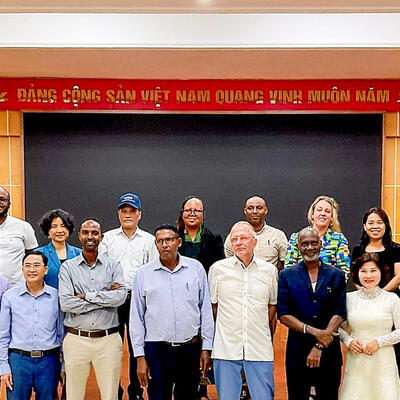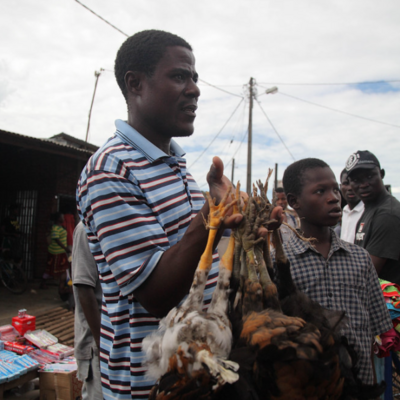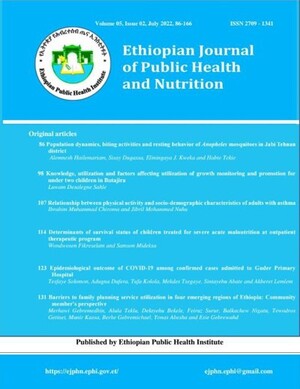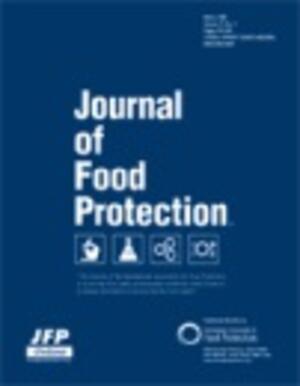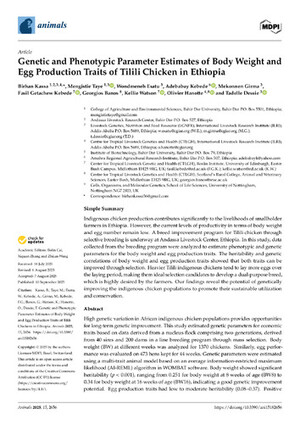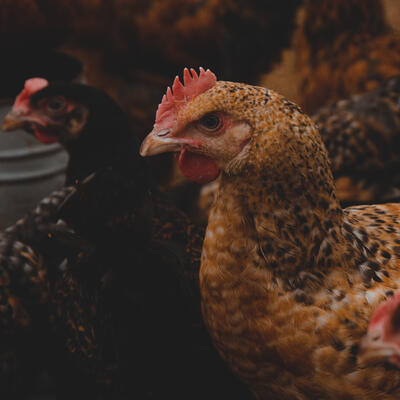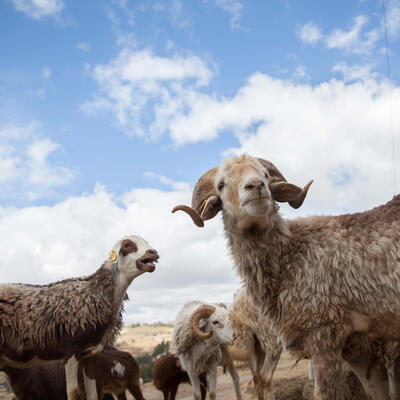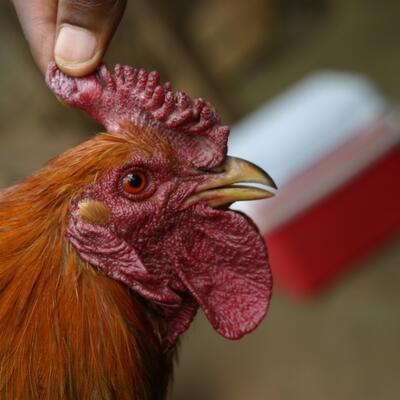
Chickens have given a boost to my family: Aneth’s story (part 1)
Aneth John is a young woman from Iwindi village in Mbeya region of Tanzania’s Southern Highlands Zone. She married in 2005 and has two children. The family’s main occupation is the farming of maize, beans and horticultural crops. They also keep dairy cattle and chickens.
Aneth is one of the farmers testing chicken strains with the African Chicken Genetic Gains (ACGG) Program in Tanzania. She is very interested in keeping chickens, which she started rearing in 2005 with five free-range birds. Within a few months, these had grown to 30 chickens. Unfortunately, some of them died due to disease, and within two years she had lost the whole brood.
After the loss, in 2007, she stopped keeping chickens. A year later, she set about rebuilding her poultry farming with 8 hens and 2 cocks that she purchased from the local market. By 2009 she had 50 birds, and despite some mortality her brood has grown to 70 birds.
‘I lost some of my chickens because we did not know how to prevent diseases and we did not vaccinate them’. Her major challenge has been coccidiosis which almost wiped out her chickens on a few occasions.
‘But’, Aneth adds, ‘I am always encouraged to keep going’. ‘Kuku ni msaada mkubwa kwa familia’ she says in Kiswahili, meaning ‘chickens are a family booster’ because of the benefits the family gets through eggs, meat, manure for growing vegetables and money from sale of live birds.
Aneth says egg production is still low because her hens do not all lay eggs daily. She does not sell the eggs. They are consumed at home and some are kept for hatching to expand her brood. On average, her family consumes seven eggs per week. The rest of the eggs are used for hatching to maintain and expand the flock. Whenever the family needs cash they will sell between 5–6 birds. The prices at the local market vary from Tsh 10,000–15000 (around USD 5–7.5) for the cocks and Tsh 8000 (USD 4) for the hens. ‘We make good money every time from the chicken,’ she says, proudly.
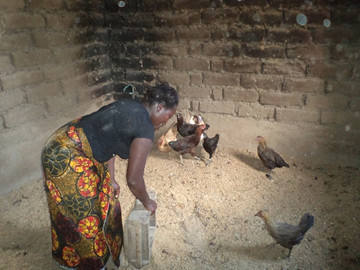
Aneth spreading litter in preparation for receiving chicks from the ADGG project (photo credit: ILRI/Michael Tsegaye).
In 2014, her husband attended a four-day training on entrepreneurship that included chicken management, for which he paid Tsh 10,000 (USD 5), and in 2015 he attended a similar training at a cost of Tsh 50,000. The trainings were a wake-up call for him and Aneth and influenced them to change the way they keep livestock, including the chickens. The most important things they learned included disease control and feeding. Her husband told her that instead of letting the chickens scavenge it is beneficial to provide quality feeds, as advised by the extension officers. He also told her that they must follow disease control measures such as vaccination. However, due to lack of capital, it has not been possible to implement all recommendations.
Seeing her interest and commitment for poultry production, Aneth was selected to become part of the ACGG program in 2016.
Please follow this website for the second part of Aneth’s story.
Story by Margaret Kingamkono and Michael Tsegaye.





